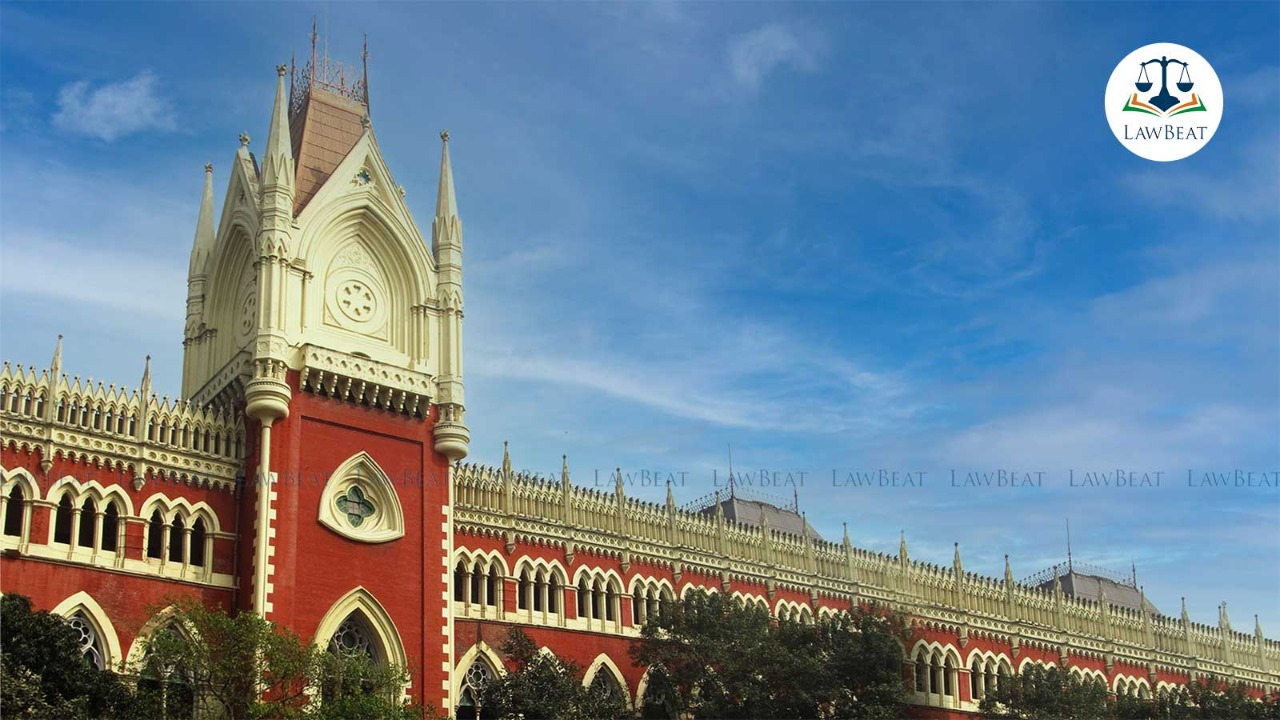State Govt Has No Power To Appoint Or Reappoint Vice Chancellors Of State Run Universities: Calcutta High Court

Court said that any appointment as a Vice Chancellor made on the recommendation of the Search Committee, which is constituted contrary to the provisions of the UGC Regulations shall be void ab initio.
A division bench of Chief Justice Prakash Shrivastava and Justice Rajarshi Bharadwaj of the Calcutta High Court recently quashed the appointment of Vice Chancellors in 29 state-run universities.
The bench was hearing a Public Interest Litigation filed by the general secretary of a registered society and organization of educationists challenging the validity of the West Bengal University Laws (Amendment) Act, 2012 and West Bengal Laws (Amendment) Act, 2014. The petitioners had prayed for quo warranto writ questioning the appointments of vice-chancellors of different state-run universities.
In the plea, it was stated that both the state laws are ultra vires of the provisions of the Constitution of India, the University Grants Commission Act and the UGC regulations of 2010 & 2018.
It was also claimed that the state government had appointed or reappointed VCs of 24 state universities as well as extended the tenure of vice-chancellors without following the prescribed norms of the University Grants Commission (UGC).
The plea stated that: “Vice-Chancellors have been appointed either by a Search Committee which was not properly constituted or without constituting any such Committee and some of them do not fulfil minimum eligibility criteria of 10 years experience as Professor in the University or 10 years experience in a reputed research and/or academic administrative organization as prescribed in the UGC Regulation.”
After hearing all the arguments and issues raised in the petition, the court framed following issues for consideration:
- Whether the State Government is competent to appoint the Vice-Chancellor?
- Whether the State Government is empowered to extend the tenure of the Vice-Chancellor on the expiry of his tenure?
- Whether the UGC Regulations, 2018 are applicable in the State of West Bengal?
- Whether the appointment of the respondent ViceChancellors not fulfilling the minimum eligibility conditions of 10 years experience as a Professor as prescribed in Regulation 7.3.i of UGC Regulations, 2018 is a valid appointment?
- Whether the appointment of VC by a Search Committee constituted without having a nominee of chairman of UGC a lawful appointment?
- Whether the provision of the state acts are to the extent they are in contravention of the provisions of UGC Regulations, 2018 can be enforced?
The bench while dealing with the above issues referred to the judgment of the Apex Court in State of West Bengal vs. Anindya Sundar Das 2022 SCC and held that the State has no power to appoint or reappoint the vice-chancellor and the State cannot appoint Vice-Chancellor by giving additional charge.
The court also observed that the UGC Regulations, 2018 are applicable and that appointments made in violation of the UGC Regulations, 2018 cannot be sustained. In the present case, some of the Vice-Chancellors did not meet the minimum qualification of 10 years experience as a university professor or 10 years of expertise in a reputable research and/or administrative organisation with proof of having demonstrated academic leadership, so their appointment was found in violation of Regulation 7.3.i of the UGC Regulations, 2018.
It was also undisputed that the Search Committee formed to appoint all of the respondent Vice-Chancellors did not include a single member nominated by the Chairman of the University Grants Commission, as required by Regulation 7.3.ii, and thus their appointments are in violation of Regulation 7.3.ii of the UGC Regulations, 2018.
While referring to different case laws, the bench allowed the writ petition while observing that the provisions of UGC 2018 regulations will prevail over the State University's Act if there is any conflict, furthermore, vice-chancellors who do not meet the minimum eligibility criteria have no right to continue in office.
Case Title: Anupam Bera vs. State of West Bengal
